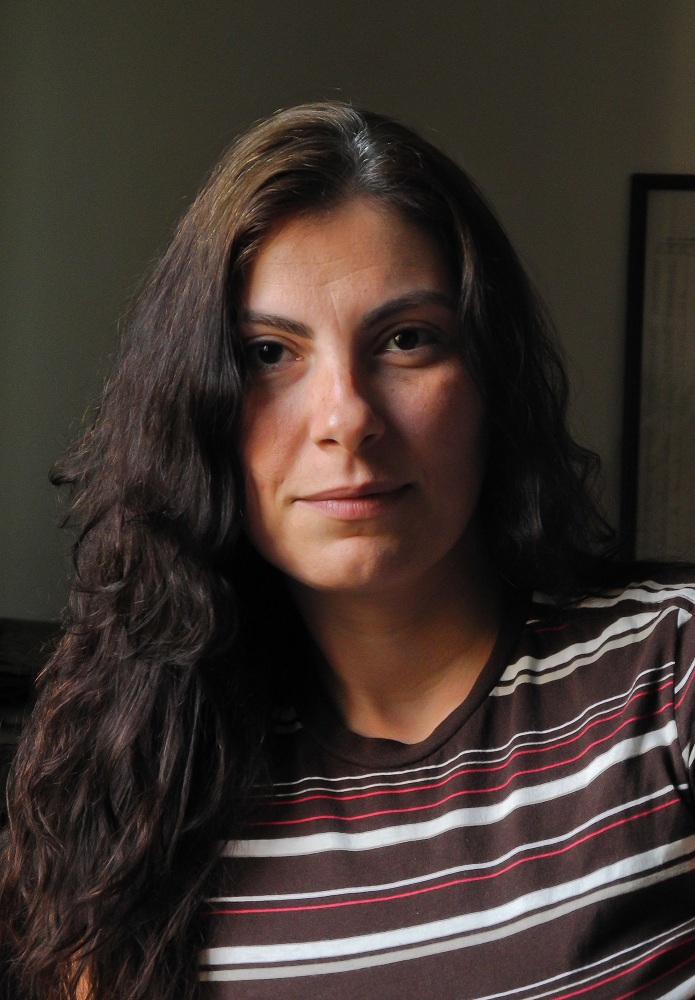By Carl Bildt
STOCKHOLM: There is little doubt that the embarrassing spectacle of the trial of former Ukrainian Prime Minister Yulia Tymoshenko — and her recent arrest on contempt charges during the proceedings — is causing great damage to her country. And there is little doubt that how Ukraine develops will be of great importance for Europe’s future.
Ukraine’s Orange Revolution in 2004 ignited the hope of a new wave of democratic reforms in the countries to the east of the European Union — a period of so-called “color” revolutions. Soon, however, those forces that feared losing power in this vast and important region began a determined counter-offensive.
Nonetheless, Ukraine continued to stumble in a European direction, preserving important parts of the gains made in 2004. The 2010 comeback of President Viktor Yanukovich was essentially the result of a free and fair election.
It took some time, but Yanukovich’s determination to press on with the European integration efforts begun by his predecessor, Viktor Yushchenko, has become increasingly clear – in the face of repeated calls (and sometimes thinly veiled threats) by Russia to join its customs union with Belarus and Kazakhstan. Indeed, tension with Russia could well escalate towards the end of the year, because Ukraine’s foreign-policy orientation is of clear consequence to the Kremlin. A democratic Ukraine with an open economy and close ties with the European Union could not fail to influence Russia’s future path as well.
Negotiations for an association agreement between Ukraine and the EU, which includes far-reaching provisions for trade and regulatory integration, are well advanced, and could even be concluded this year. The agreement could become a model for similar agreements with other countries belonging to the EU’s Eastern Partnership. Georgia and Moldova are lined up to start similar negotiations.
Ukraine, reasonably enough, wants this agreement to be accompanied by an acknowledgment of its European destiny, and by clear steps towards reciprocal visa-free travel. Such an acknowledgement could be seen as formal recognition of the fact that membership of the EU remains a long-term option for Ukraine.
All of that has been put in profound jeopardy by Tymoshenko’s trial. Of course, few saints grace Ukrainian politics. Indeed, large-scale corruption has become entrenched in the country’s political system, with various oligarchic groups often battling each other. The corruption networks surrounding the old Soviet pipeline system carrying gas from Siberia to Western Europe have obviously impeded Ukraine’s political development. But, whether saint or sinner, everyone deserves a fair hearing, not a show trial.
The rule of law must apply to all, and very few believe that any of the charges against Tymoshenko would stand the slightest chance of being upheld in a Western court. It all smacks of a politically directed attempt by Yanukovich and his supporters to rid themselves of a powerful opponent before the next election.
Together with other similar cases, these trials raise serious questions about Ukraine’s judicial system and law enforcement agencies. They provide the clearest indication yet that Ukraine, despite assurances by Yanukovich’s government, is developing in the wrong direction.
Negotiations on the EU association agreement should proceed — this is an issue of strategic importance to Europe — but subsequent steps will inevitably depend on Ukraine’s commitment to the values and principles underpinning European integration. If the bizarre scenes now being witnessed in Kyiv continue, even Ukraine’s closest friends in Europe will find it very difficult to make the case for a deepening of relations. Tymoshenko’s trial, and how she is treated by the Ukrainian authorities, must not only be fair, but also must be seen to be fair.
Ukraine’s moves in the direction of the EU reflect its efforts to modernize and reform its economy. Indeed, the country could develop into a mini-China, placing massive manufacturing capacity immediately adjacent to the global economy’s largest integrated market. And Ukraine’s potential as an agricultural producer is equally impressive.
Yet Ukraine currently is struggling to meet the conditions of its IMF assistance program. Parliament watered down a proposal for far-reaching pension reform to the point that it borders on useless, and repeated promises to stop subsidizing wasteful energy consumption through low gas prices have not been honored.
Determined reform policies could overcome these obstacles; but, if Ukraine wants to proceed on the EU path, it must understand that the rule of law is a precondition for substantial integration. Yanukovich’s government must take stock of its behavior.
Freedom House concluded earlier this year that, since Yanukovich came to power in 2010, Ukraine “has become less democratic and, if current trends are left unchecked, may head down a path toward autocracy and kleptocracy.” But its assessment also noted that “political and cultural diversity is a bulwark against any one force dominating political space throughout the country.”
So Ukraine’s future remains open. It is a great country that deserves a secure and prosperous future as a member of Europe’s family. The show-trial of Yulia Tymoshenko, unfortunately, risks turning it into an estranged cousin.
Carl Bildt is Foreign Minister of Sweden. This commentary is published by DAILY NEWS EGYPT in collaboration with Project Syndicate (www.project-syndicate.org).


